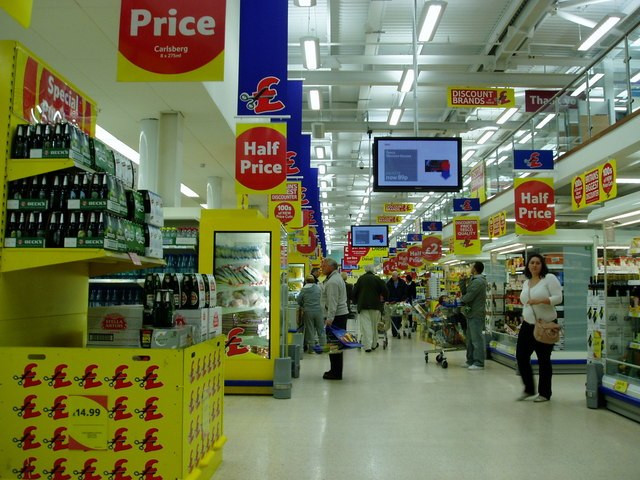The U.K.'s inflation rate unexpectedly accelerated to 3.5% in April, according to the Office for National Statistics, marking the highest level in over a year and raising questions about the timing of future interest rate cuts from the Bank of England. The increase, driven by soaring household bills and regulated price hikes, surpassed analysts' expectations of a 3.3% rise and defied recent trends of cooling inflation.
Core inflation, which excludes volatile food, energy, alcohol, and tobacco prices, also jumped to 3.8% from 3.4% in March. The largest upward contributions came from housing, household services, transport, and recreation. A 26.1% spike in water and sewerage bills marked the steepest monthly increase in that category since at least 1988, the ONS said.
Gas and electricity costs rose 6.7% year-on-year, reversing declines from the same period in 2024, when Ofgem implemented sharp cuts to the energy price cap. The rise in employer national insurance contributions, an increase in the national minimum wage, and council tax hikes further pressured businesses to pass on costs to consumers.
Chancellor Rachel Reeves expressed frustration with the figures. "I know cost of living pressures are still weighing down on working people," Reeves said. "We are long way from the double-digit inflation we saw under the previous administration, but I'm determined that we go further and faster to put more money in people's pockets."
The Bank of England cut interest rates to 4.25% at its May meeting, its first reduction in years. However, Wednesday's data is likely to complicate that path. "Two members of the MPC [monetary policy committee] wanted to leave rates unchanged, and may well feel vindicated by today's number," said Nicholas Hyett, investment manager at Wealth Club. "Higher core inflation will be particularly concerning since this measure of domestically generated inflation should be easier for the Bank to influence."
Markets have now priced out cuts at the BOE's June and August meetings, with the earliest next move now expected in September. Barclays Private Bank strategist Julien Lafargue said, "Beyond the short-term distortions, we believe the overall direction of travel for U.K. inflation is lower," though he added that volatility remains high.
The British Chambers of Commerce warned that "the scale, to 3.5%, is concerning," noting that more than half of businesses plan to raise prices in the coming months amid higher wage bills and global tariff uncertainties.
The shadow chancellor, Mel Stride, seized on the data to criticize Labour's economic performance. "This morning's news that inflation is up - and now well above the 2% target - is worrying for families," he said. "Labour's economic mismanagement is pushing up the cost of living ... Families are paying the price for the Labour chancellor's choices."
ONS data also revealed a 0.7% GDP expansion in Q1, attributed largely to businesses accelerating activity ahead of April's tax changes and anticipated U.S. tariffs. Economists cautioned the second quarter would likely see slower growth as those effects unwind.






